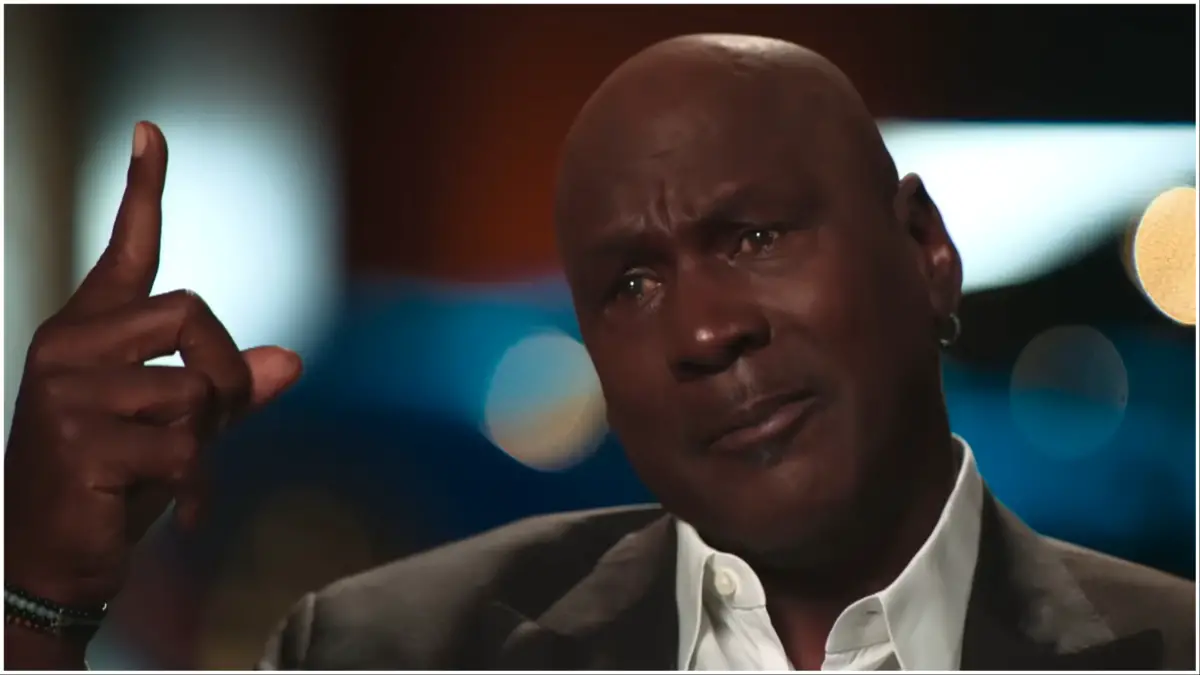Illinois sports icon Michael Jordan isn’t holding back. In the latest episode of Insights to Excellence, which aired after the Bucks’ 121-111 win over the Knicks on Tuesday night, the basketball legend gave his two cents on one of the NBA’s most controversial modern trends: load management. And, in classic MJ fashion, he didn’t sugarcoat a thing.
“It shouldn’t be needed, first and foremost,” Jordan said. “You know, I never wanted to miss a game because it was an opportunity to prove, it was something that I felt like, you know, the fans are there that watch me play. I want to impress that guy way up on top who probably worked his ass off to get a ticket or to get money to buy the ticket.”
According to CBS Sports, that right there is peak Michael Jordan. The man who famously turned every perceived slight into a personal mission didn’t just play basketball; he treated every NBA game like it mattered, because to him, it did. Over his 15-year Hall of Fame career, Jordan rarely played fewer than 70 games in a season. The only exceptions? The year he broke his foot, the year he came out of retirement midseason in 1995, and his first season back again after his second retirement. In other words, the man showed up. However, fans on X want to make one thing clear. “This man quit on his team for 1.5 seasons.” This is, of course, referring to when MJ made the dramatic switch to major league baseball.
Michael Jordan Gets Real
Jordan’s comments hit on something that a lot of old-school players and fans have been feeling for a while now. Load management has become a buzzword in the modern NBA, with stars often sitting out games for “rest” even when they’re healthy. It’s a strategy designed to preserve players’ bodies for the long grind of the season and playoffs, but it’s also frustrated fans who spend big money to see their favorite stars, only to find out they’re not playing that night. For Jordan, that concept just doesn’t sit right.
“You have a duty that if they’re wanting to see you, and as an entertainer, I want to show, right?” he said. “So if the guys are coming to watch me play, I don’t want to miss that opportunity. Physically, if I can’t do it, then I can’t do it. But physically, if I can do it and I just don’t feel like doing it, that’s a whole different lens.”
Jordan didn’t just talk the talk either. He referenced his legendary “flu game” from the 1997 NBA Finals, the one where he fought off flu-like symptoms, ran a 103-degree fever, and still dropped 38 points to lead the Bulls to a crucial Game 5 win over the Utah Jazz.
“I could never leave my comrades if I could perform,” he said. “Utah, great example. You know, everybody said it’s a Game 5, which is very pivotal game. I was going to find a way to get out there, even if I was a decoy. Well, once I got out there, you never know how you’re pushing yourself. You never know what happens, right? Next thing you know, the emotions, the situation, the need of the team, all those things catapulted me to, I’m gonna gut this thing out.”
That’s vintage MJ, the definition of grit, competitiveness, and pure willpower. But while his words resonate, it’s also fair to note that the NBA has changed a lot since his playing days. The game today is faster, more demanding, and far more reliant on analytics and sports science. Teams are hyper-aware of player workload, “Injury prevention,” and long-term performance.
Even current stars have tried to set the record straight. Stephen Curry once explained, “It’s usually not the player that is going to the training staff and saying, ‘Hey, I don’t have it tonight.’ It’s usually the other way around. There’s a lot of science involved.”
In other words, players aren’t always the ones calling for a night off; sometimes, they’re told to sit by their teams. But let’s be real: if anyone could have convinced a team doctor to let him play through it, it was Michael Jordan. Jordan’s comments might sound old-school, but they reflect a mentality that’s becoming rare in today’s NBA, one built on pride, toughness, and an unshakable commitment to the fans. Whether that mindset could survive the modern pace of the game is another question entirely.
Still, when Jordan talks, the basketball world listens. And in an era where “rest days” have become part of the culture, his words hit like a challenge, not just to players, but to the entire league: Show up. Compete. Play for the people who pay to see you. Because for Michael Jordan, that was never optional. It was the job.

